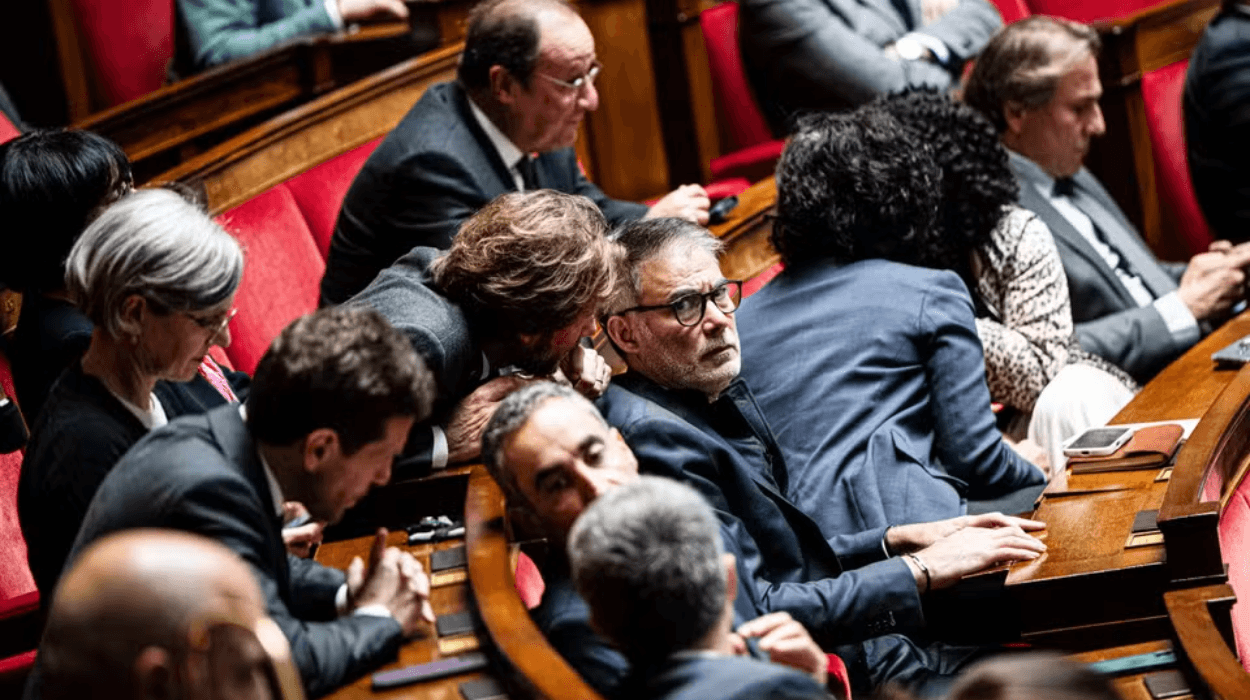French government faces no-confidence threat over wealth
tax, as Socialists demand billionaires pay more, sparking budget talks crisis
and potential collapse.
The communists in France announced on Friday, October 24, that if a 2026 budget measure didn't include a duty on extremely rich homes, they would support a no confidence vote against the government.
"If there is no progress by Monday, it will be over,"
said Olivier Faure, leader of the Socialists, whose vote will be key in passing a budget.
Following the removals of his two predecessors due to cost cutting measures, Prime Minister Sébastien Lecornu has pledged to pass a budget through a disunited congress before the end of the time.
In order to avoid a no confidence vote in congress, he acceded before this month to halt a contentious pension reform. Additionally, as has been done in the past, Lecornu has promised not to employ a constitutional mechanism that would enable him to get the budget bill through without a vote.
However, Lecornu has refused to add a tax on ultra-wealthy households in the proposed budget, despite the Socialists, a swing group in the hung Assemblée Nationale, demanding it. Faure stated that in the absence of a tax on extremely wealthy households, his party would vote to overthrow Lecornu's administration.
"We need to tax the ultra-rich and mega-inheritances,"
he stated.
The proposed budget was rejected by a parliamentary commission earlier this week by a vote of 37 to 11, and it will now be debated in the Assemblée on Friday afternoon.
According to 38-year-old French economist Gabriel Zucman, a tax of this kind on France's mega-wealthy, who make up only 1,800 tax households, might generate about €20 billion ($27 billion) annually.
Faure used French billionaire Bernard Arnault, who is among
the top 10 richest persons in the world, as an example. Last week, his fortune
increased by an incredible $19 billion in a single day. About half of the LVMH
firm, which offers high-end products like Dom Perignon wine and Louis Vuitton
handbags, is owned by Arnault.
On Saturday, parliament may debate a left-wing proposal to include the 2% wealth tax, sometimes known as the "Zucman tax," in the budget measure. However, this tax would target professional assets, which are opposed by the ruling coalition and far right.
Instead, wealth management holding firms with assets of at least €5 million are to be taxed by the government. With measures, the government anticipates being able to collect €1 billion from about 10,000 taxpayers.
What economic impact would a new wealth tax have on investment?
Wealth taxes can reduce impulses for saving and
investment by trying capital effects, making accumulation and
productive use of means less attractive. Advanced taxes on less
profitable businesses and startups may increase threat, raising the cost
of failure and inhibiting entrepreneurship.
Wealth taxes can lead to capital flight or avoidance, where individualities shift means abroad or convert into hard to value effects, reducing available investment locally. Business owners might prize tips to pay levies rather than reinvesting gains.
Duly designed wealth taxes, with high impunity thresholds to avoid trying small owners, could round other duty systems and enhance profit stability. duty profit from wealth taxes could be directed toward public investments, structure, and social programs, potentially supporting profitable growth laterally.
